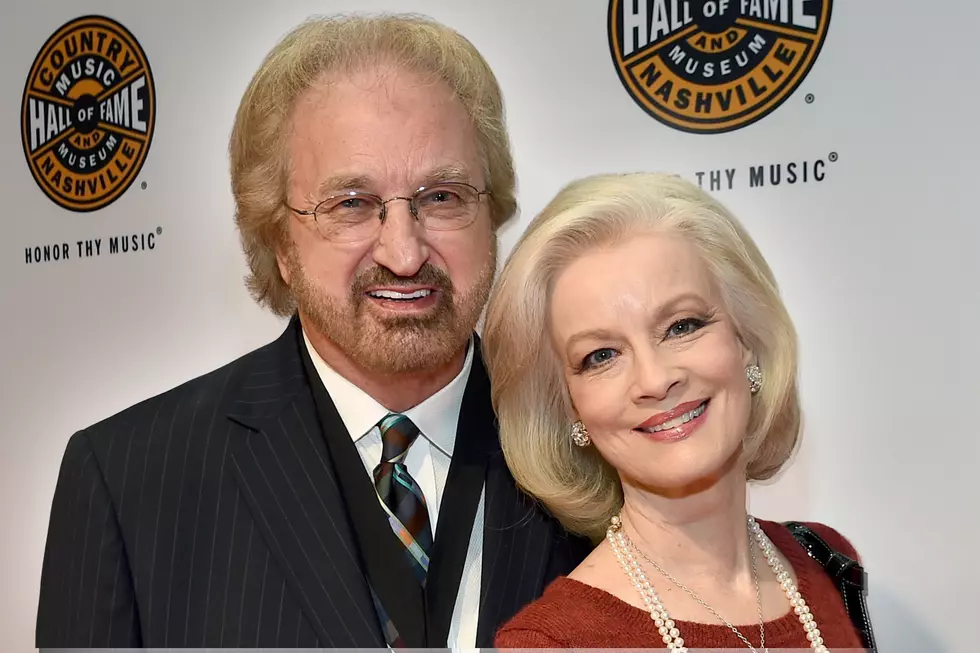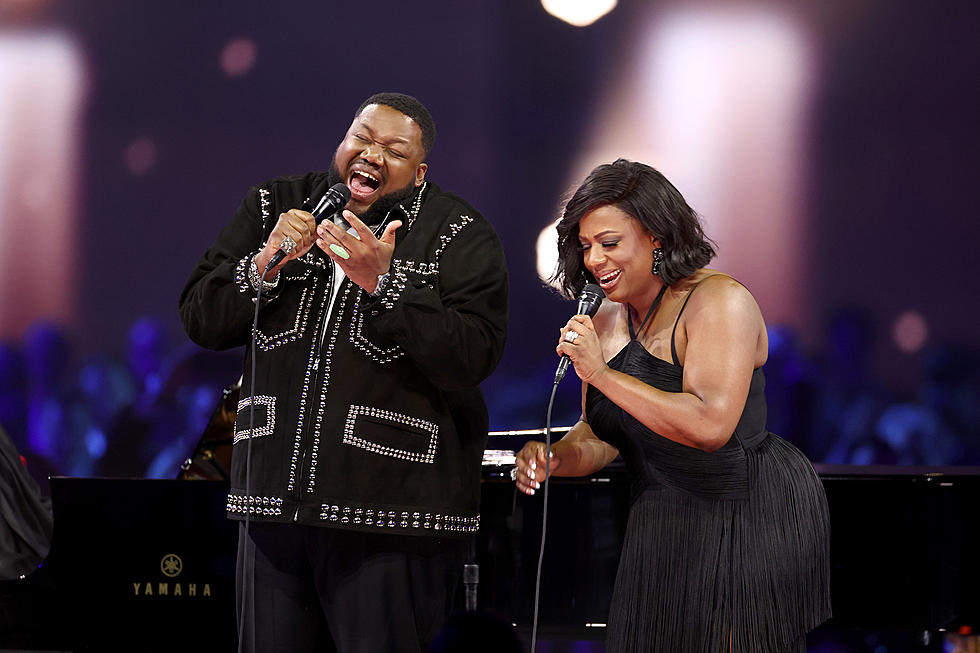
Music Modernization Act Set to Move Forward as Parties Reach Consensus
Just days after the Music Modernization Act looked like it might die in the Senate, a new consensus reached by the songwriters' advocates and performing rights organizations involved appears to have cleared the way for it to become law.
American songwriters have been laboring under out-of-date laws and regulations for years, and in the digital age, advocates for songwriters have often said that the decades-old rules do far too little to get songwriters what should be their rightful share of the revenue from streaming, which has badly impacted songwriters in recent years.
By some estimates, 90 percent of American songwriters have had to pursue other work over the last 10-15 years as a result of the declining revenue. Meanwhile, they charge, streaming companies like Spotify are doing very well by those standards because they are inequitably rewarded.
The Music Modernization Act aims to address that by creating a Music Licensing Collective between performing rights organizations and songwriter advocates that will be able to grant blanket licenses, and it will change the standard by which streaming mechanical royalties are measured, giving songwriters 100 cents on the dollar for that revenue, instead of basing those rates on rules that were established in 1909 to apply to player piano rolls.
It was a massive step forward for songwriters when the House of Representatives unanimously passed the bill in April, but it looked like it might die in the Senate after Blackstone, which owns performing rights organization SESAC, suggested a last-minute amendment that would make streaming companies and publishers work through a "certified administrator" middleman. Blackstone also owns the Harry Fox Agency, which works in mechanical licensing, and many songwriters and industry groups objected, accusing SESAC of essentially holding the legislation hostage in the interest of seal-dealing.
Nashville Songwriters Association International was among the groups who objected, and artists including Maren Morris, Travis Tritt, Brothers Osborne and Margo Price turned to social media to encourage the Senate to pass the MMA without the proposed amendment.
In a joint statement on Thursday afternoon, NSAI, SESAC and the National Music Publishers Association announced they have reached a consensus to make sure the bill passes the Senate and becomes law, and SESAC has dropped its proposed amendment.
In exchange, parties involved in the negotiations all agreed to endorse a provision that amends the Mechanical Licensing Collective so that private companies can participate in the marketplace, American Songwriter reports.
“What we’ve clarified and agreed to with Harry Fox is they can [now] administer those without having to go through the Music Licensing Collective if they choose to do so,” says NSAI Executive Director Bart Herbison, who's been one of the main drivers of the MMA. “That was a beautiful compromise that was in the spirit of this legislation, to let private companies control their own destiny.”
“At the encouragement of Senators closely involved in this legislation, all parties came together to agree on outstanding items related to the MMA including the reform of the Section 115 compulsory license and other important related matters,” SESAC CEO John Josephson says in the statement. “We share a collective responsibility to help ensure that the MMA benefits all stakeholders in the industry and look forward to the Senate’s consideration of the bill.”
"This has been a difficult time, but we must immediately put resolved differences behind us and work in unanimous harmony to get this bill passed quickly," NSAI writes, adding that it has "been a friend and fan of SESAC's for decades and that is how our relationship will immediately resume."
Herbison tells American Songwriter that there are still some minor issues in the bill, but nothing that he believes will present its passage in the current session of Congress. He expects a vote in the Senate within weeks, saying, "We see a path forward."
See the Top Country Songs of the Century
More From Taste of Country


![Tim McGraw Brings Famous Friend Onstage During Nashville Show [Pictures, Setlist + Video]](http://townsquare.media/site/204/files/2024/04/attachment-Tim-McGraw.jpg?w=980&q=75)




![Fans Are Loving Keith Urban +Lainey Wilson’s Collab ‘Go Home W U’ [Listen]](http://townsquare.media/site/204/files/2024/04/attachment-Keith-Urban-Lainey-Wilson.jpg?w=980&q=75)

